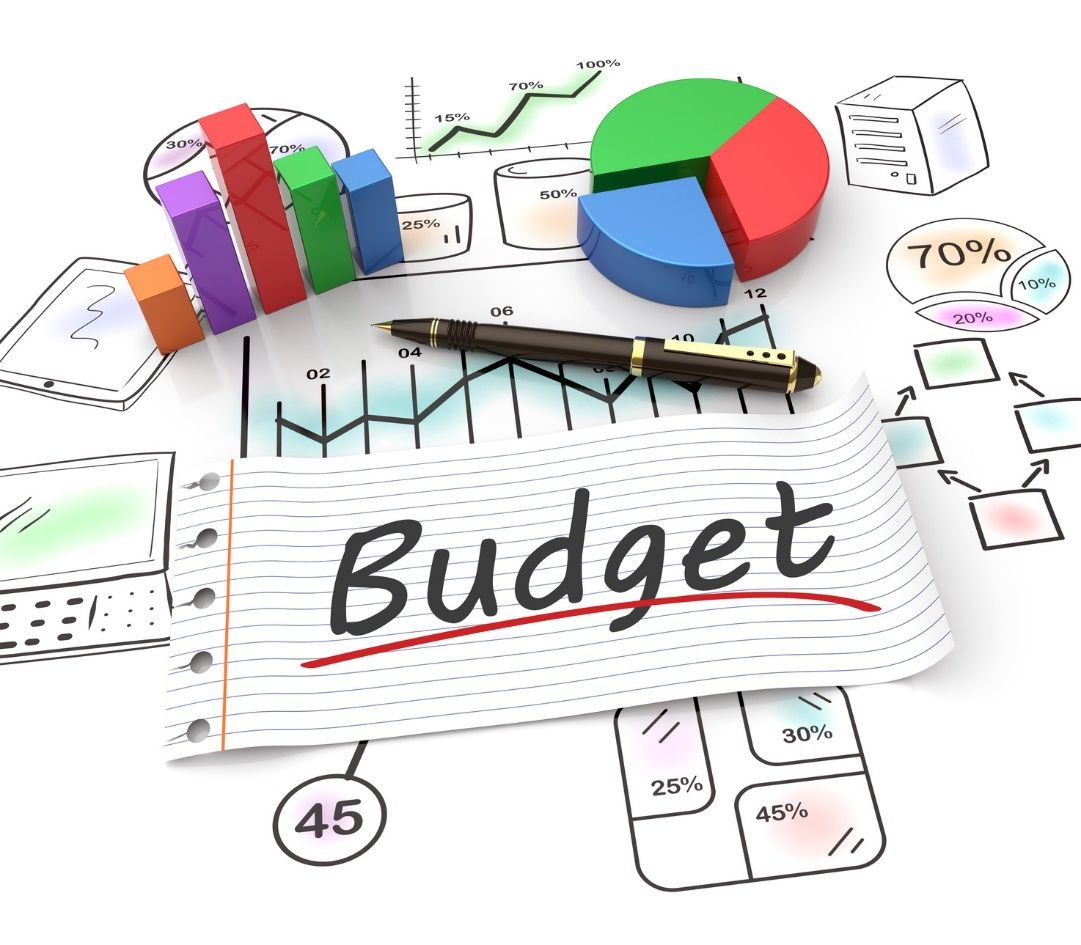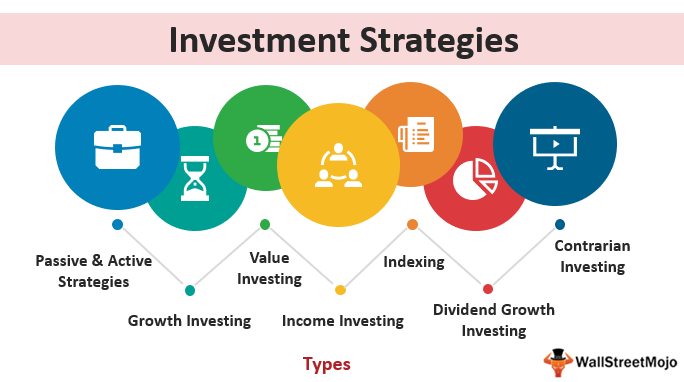Effective financial planning is crucial for the success and growth of any business. Budgeting and forecasting are essential tools that help businesses plan and manage their finances to achieve their goals and objectives. In this article, we will explore the importance of budgeting and forecasting and how they contribute to business success.
Section 1: Understanding Budgeting
Budgeting involves creating a financial plan that outlines a business’s projected income and expenses over a specific period. It helps businesses allocate resources effectively, set realistic financial goals, and evaluate performance. By establishing a budget, businesses can prioritize their spending and ensure that they have enough funds to cover their expenses.
HTML markup will be inserted throughout the entire article to showcase the importance of web development in modern business practices.
Section 2: Benefits of Budgeting
Implementing a budgeting process offers numerous benefits for businesses:
Resource Allocation: Budgeting allows businesses to allocate their resources efficiently by identifying areas of high and low priority. This ensures that limited resources are used effectively to achieve the maximum impact.
Goal Setting and Evaluation: Budgeting helps businesses set realistic financial goals, monitor progress, and evaluate performance. It provides a benchmark against which to measure actual results, enabling businesses to make necessary adjustments and improvements.
Financial Control: By tracking and controlling expenses, budgeting helps businesses maintain financial discipline and avoid overspending. It also highlights potential cost-saving opportunities and areas for improvement.
Decision Making: A well-structured budget provides businesses with vital financial information for making informed decisions. It helps management identify investment opportunities, prioritize projects, and assess the financial viability of various initiatives.
Section 3: Forecasting for Business Success
Forecasting involves predicting future financial outcomes based on historical data and market trends. It helps businesses anticipate potential challenges, identify opportunities, and make informed strategic decisions.
Section 4: Benefits of Forecasting
Forecasting offers several advantages for businesses:
Identifying Opportunities and Risks: By analyzing past trends and current market conditions, forecasting enables businesses to identify potential opportunities and risks. It helps management make proactive decisions to leverage opportunities or mitigate potential threats.
Budget Accuracy: Accurate forecasting allows businesses to align their budgets more effectively with future expectations. It reduces the likelihood of surprises and helps businesses adapt their financial plans accordingly.
Capital Planning: Forecasting helps businesses anticipate their future capital requirements. It enables them to plan their investments, financing options, and capital structure, ensuring they have sufficient funds to support their operations and growth.
Strategic Decision Making: With reliable forecasts, businesses can make strategic decisions about product development, market expansion, and resource allocation. It minimizes uncertainties and enhances the chances of making well-informed choices.
Conclusion
Budgeting and forecasting are valuable tools that empower businesses to effectively plan and manage their finances. By implementing a sound budgeting and forecasting process, businesses can allocate resources efficiently, set realistic goals, evaluate performance, and make informed decisions. These practices are crucial for achieving long-term success and growth in today’s competitive business environment.


